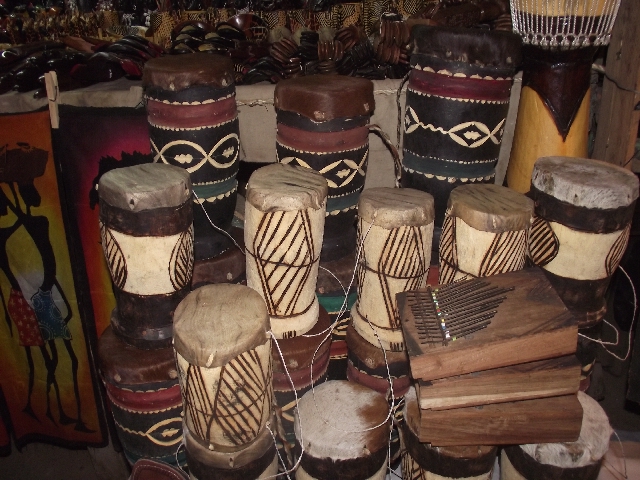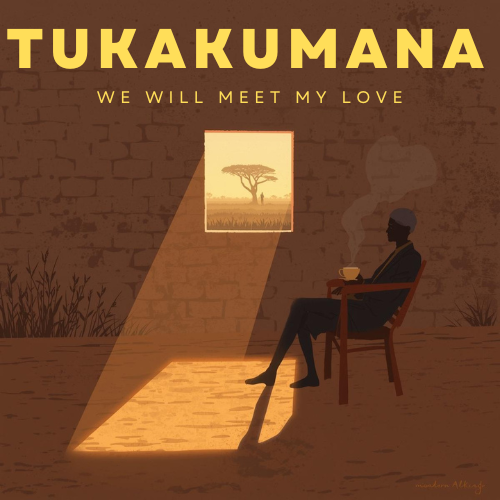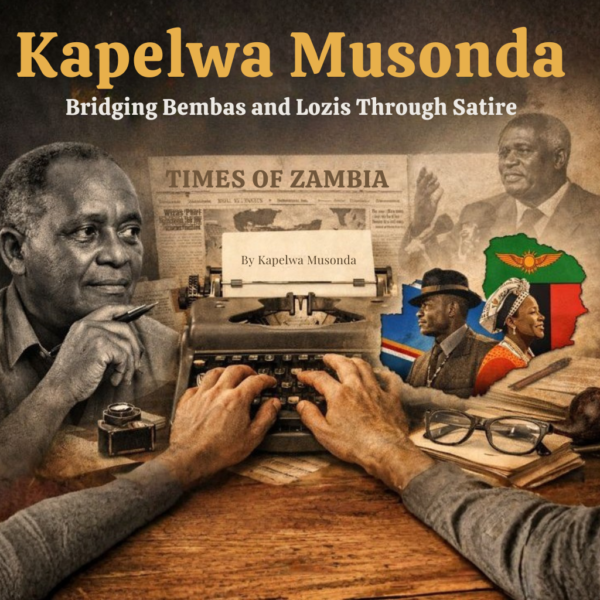Death marks the end of one’s life journey. It devastates those that were close to the departed.
For those that were married, the loss of a spouse brings to mind the realization of the promise” till death do us part”.
According to Zambian tradition, it is believed that one can not part with their departed spouse as they are still bound to the spirit of the departed until they are cleansed. Every Zambian ethnic group has their traditional way of dealing with death to exorcize the ghost of the deceased spouse in order to free the surviving spouse. Various rituals are performed in cleansing the surviving spouse. I will share with readers how death, and events following a death, are dealt with according to the Tonga tradition.
DEATH
When death occurs in the village, the news is conveyed by the beating of drums called NGOMA YABUKALI. After this, some gun shots are fired in the air. People rush into the bush to gather some fire wood. Others, especially women and young girls rush to the river to draw water for using at the funeral. While this is being done, the members of the deceased’s family will be seen running in all directions while chanting solemn songs.
This is known as Kuzemba, Akuyabila. KUYABILA is done at different occasions such as weddings (MICHADO), NKOLOLA (Initiation ceremonies of young girls into adulthood) and funerals (MALILA).
KUYABILA at a funeral is one way of pleading with CHILENGA (GOD the Creator) to console the bereaved family and to give wisdom to those left behind. Some plead to the ancestors through KUYABILA. KUYABILA is a form of poetry.
WIDOW
In Tonga land, widows or widowers are given good treatment depending on how they were getting along with the husband’s or wife’s family. Mostly for women, those that were perceived to be bad wives, more especially in the olden days, were given a punishment in form of KUZEMBA (This means running for some distance back and forth.). The sister or cousin to the deceased leads the widow in KUZEMBA.
Nowadays punishing of widows in Tonga land has been done away with. Widows are given normal meals. Widows are just made to sleep in the house where the corpse is lying in state, together with other members of the family especially the paternal Aunt to the deceased. This practice is known as KUKALA KU CHILYANGO.
WOMEN
In the olden days, women used to mourn with bare breasts. These days due to Christianity, the practice has been stopped.
My home village, CHIKONDA, is located close to RUSANGU MISSION. The mission is run by the Seventh Day Adventist Church where most people in and around the village are Adventists and respect Christian values. This led to early modification of this traditional practice. In some other areas, women still mourn with bare breasts.
BURIAL
Before burial a cow is slaughtered early in the morning. The meat is shared in groups to cook for the mourners.
Some families allow the widow to view the body of her husband and attend the burial while other families leave the widow at the back of the house where the husband’s body was lying.
While at the grave yard KUZEMBA continues with some people waving spears known as MASUMO while some play traditional instruments known as MIYUWA. MIYUWA are made in a special way by making holes in small tins and filled with small pebbles. Then a sizeable stick is fixed to protrude through the holes of the tins and the result are MIYUWA. The stick is usually up to ten inches in length as part of it is used as a handle.
CLIMAX
The climax of a typical Tonga traditional funeral is known as (KUGUSYA MULUNDO.).
A day after burial, a successor is chosen to inherit the name of the deceased; this is known as KWANGA MUZIMU. There is a belief that the spirit of the deceased will live in his relative who has inherited his name. Before KWANGA MUZIMU is done, a female relative especially a sister to the deceased is chosen to cleanse the widow.
Both the widow and sister to the deceased are ordered to undress. The sister to the deceased sits on the laps of the widow to perform a ritual known as KUCHUTA. This practice has replaced the old method where a male relative of the deceased, in most cases a brother was expected to have sexual intercourse with the widow. We are now living in an era of HIV and AIDS. The awareness of the danger of the HIV and AIDS pandemic has caused such a practice to be stopped.
After cleansing, the successor is smeared with mealie meal and this is known as MPEMBA which is a confirmation of name inheritance. Later, the widow is led to the river. Cold water is poured over her and mud is smeared all over her body. This is known as KULAMBA.
After washing the mud off, she is dressed and escorted back to the village. On the way to the village she is ordered to look down and sideways in search of a hole in the ground. The size of the hole doesn’t matter. When she finds it, she kneels by the hole and says “Omulumi wangu twachita kandanina”( meaning “My dear husband we have parted ways”.) This is a belief that the widow can’t be haunted by the spirit of the late husband, when the widow and the group of the relatives to the deceased return to the village. Signifying the spirit of the departed is indeed at peace with the surviving spouse.
The properties are shared among the children of the deceased.
It is rare in Tonga land for a widow to go back to her people after the death of her husband. It depends on the widow’s decision but traditionally the widow is supposed to remain in the in-law’s village until the time she will be called to be with the Lord.
The widow is allowed to remarry if she wishes to do so.




What happens to the old widow during cleansing…and can family members who are married have sexual intercourse?